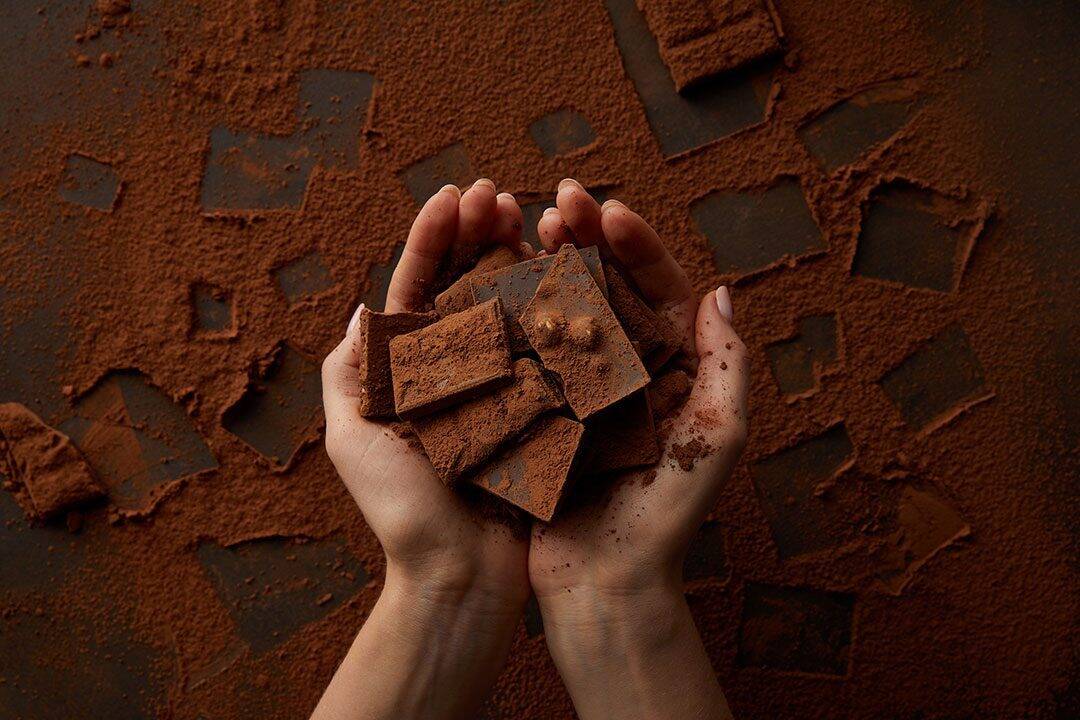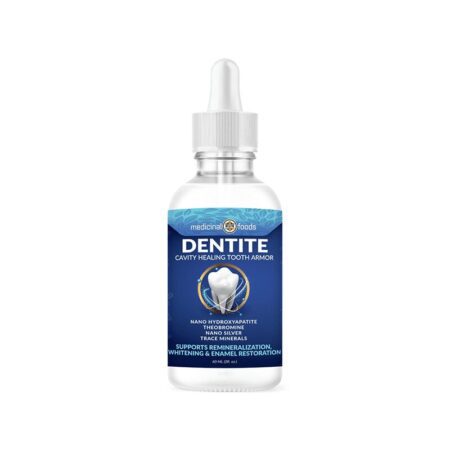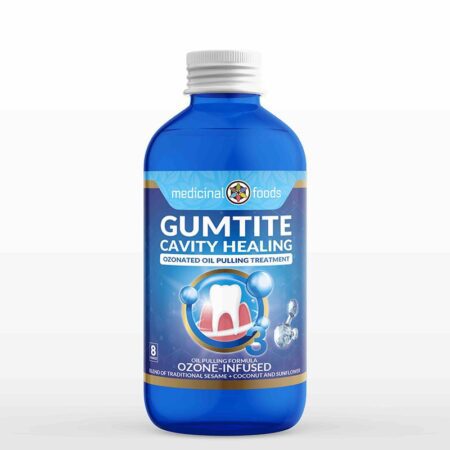Does dark chocolate have caffeine? It is often associated with energy increase or a better mood. But still, this is a common question, what are the cauese for this.
The answer is yes. However, some folks may find caffeine to be too much or inconvenient. The need for an energy boost without the long-term consequences and overstimulating effects of that persists.
Even though unsweetened tea or coffee does not satisfy the need for a little quantity of energy, people turn to other ways. Hence people tend to look for an alternative to caffeine-based beverages.
There are seeds in the fruit of cocoa trees, which grow near the equator. These seeds are also referred to as cocoa beans. It is made by separating cocoa beans from their shells and fermenting them before drying them and liquefying them, all as part of the production process.
It really contains other compounds that, in addition to caffeine, may help certain people feel more energised or joyful.
The amount of caffeine present in one piece can typically be determined by the colour itself.
It’s obvious the darker it is the higher the caffeine. The hite variety has no caffeine as a result of the absence of cocoa solids in the recipe.
The caffeine level can vary significantly, especially if the product is flavoured with additional caffeine to provide consumers with an energy boost. Many chocolate-based energy bars and other products include more caffeine in addition to cocoa.
Caffeine in dark chocolate
As it has a higher proportion of cocoa solids than milk or white kinds, it contains a higher concentration of caffeine. The quantity of cacao increases per the amount of sugar, though the amount varies greatly from one manufacturer to the next.
Coffee is commonly included in around 20 milligrams per 1.5-ounce serving of dark varieties. However, as the quantity of cacao in the recipe grows, so does the amount of caffeine in the recipe.
A 1.5-ounce amount of 80 per cent cacao, for example, may contain up to 75 milligrams of caffeine, depending on the brand. Consequently, the caffeine level of an 8-ounce cup of coffee may vary anywhere from 100 and 200 milligrams, depending on the intensity with which it is brewed.
Many caffeinated beverages and dark bars may cause you to consume more caffeine than is suggested for a healthy adult daily intake.
Dark bars are made from cacao, which is derived from the components of the cocoa bean. The three components of cocoa are the liquor, cocoa butter, and cocoa powder.
The higher the proportion of caffeine in a bar, the bitterer and more black the bar seems to be. The white bar is the most common, although there are many more varieties available as the cacao percentage rises from white to milk to bittersweet kinds.
The greater the proportion of cacao in the recipe, the more strong the flavour gets. The caffeine content in dark varies depending upon the manufacturer. Moreover, the caffeine content in dark is usually less.
The Caffeine varies from brand to brand, but it is always present in very low concentrations. When cocoa beans are turned into bars, two new compounds are formed.
The higher the percentage of cocoa solids, the more it contains. According to a recent study, moderate intake of dark choco may also help control blood pressure and protect the heart.
Dark, for instance, has just a small amount of caffeine. You should be able to satisfy your sweet need with only one or two pieces of dark without significantly increasing your caffeine consumption.
Caffeine acts as a stimulant for the nervous system, muscles, heart, and other organs of the body that control blood pressure. Consuming caffeine is an important part of a healthy morning routine because of its ability to raise blood pressure.
How much caffeine is in dark chocolate?
Liquid cocoa butter and solids are created by melting the beans. Depending on the kind, the quantity of cocoa butter and cocoa mass needed to produce varies. In cocoa solids, there contains caffeine, but not in cocoa butter as some has a higher concentration of caffeine.
Caffeine content is increased per one ounce in this manner. Because white has no cocoa solids, it does not contain any caffeine. A one-ounce piece of unsweetened baking variety has 23 milligrams of caffeine.
A 3.5-ounce bar of 70% to 85% cocoa dark chocolate has around 80 milligrams of caffeine. Plain milk bars contains an average of 20 milligrams of caffeine for each serving. An eight-ounce cup of hot chocolate has just nine milligrams of caffeine.
The caffeine level may vary greatly, especially if the product is flavoured with added caffeine to give the user an energy boost. Energy bars and other products flavoured often include additional caffeine.
Caffeine content isn’t usually indicated on the packaging of dark bars. The concentrations of cocoa flavanols are the same. The most popular dark bars tested had between 40 and 50 milligrams of caffeine per 40 grams, except one with 7 milligrams.
It’s approximately the same amount of caffeine as a can of Coke or a cup of green tea, but less than half as much as a cup of brewed coffee. The amount of caffeine in a tablespoon of cocoa powder varied from 8 to 20 mg. In regards to this, the caffeine content of supplements ranged from 1 mg to 142.5 mg.
Several studies have demonstrated that flavanols a kind of antioxidant present in dark may lower the chance of developing cardiovascular disease, cancer, and other ailments. These nutrients assist the body’s cells in maintaining their capacity to survive the rigours of time.
By study findings, flavanols lower blood pressure and increase circulation to the heart and brain. Additionally, flavanols may assist blood platelets in becoming less sticky, hence decreasing the probability of blood clots developing in the bloodstream.
The concentration of flavanols increases as the amount of cacao increases. If you want to indulge in dark kinds, go for one with a high percentage of cacao and the least amount of sugar or other calories.
The caffeine content of a 1-ounce piece of unsweetened baking varieties is around 23 mg. A 3.5-ounce bar of dark with 70-85 per cent cacao has around 80 milligrams of sugar.
Theobromine is present in around 70 milligrams per serving of dark made with 70 per cent cacao. An 8-ounce bar of milk bars has just 20 milligrams of caffeine,
Is there caffeine in dark chocolate?
Dark has more caffeine than kinds with added milk. To get as much caffeine as an 8-ounce cup of coffee, you’d need to eat 14 regular 1.5-ounce milk bars.
Caffeine levels in dark rise with the percentage of cocoa solids. Nutritionists recommend purchasing bars with 70% to 85% cocoa content to get the maximum benefits from the flavanols.
Yes, the Caffeine content in one ounce of 70% cocoa solids is about 25 milligrams, compared to 12 milligrams in one ounce with 45 to 59 per cent cocoa solids. In comparison to other popular beverages, cacao has much less caffeine.
A little piece with a high cocoa content may be a healthy addition to your daily diet as long as your caffeine consumption is under control. Magnesium is about 16 per cent of the daily requirement, iron is 19 per cent, manganese 25 per cent, and copper is just a few of the minerals contained in a single serving at 30 per cent.
For 70% to 85% cocoa solids, the caffeine concentration per ounce is 23 mg. A 100-gram bar contains 81 milligrams of caffeine, which might keep you awake at night or boost your heart rate. Individuals who are sensitive to caffeine should restrict their daily intake to one ounce. A daily dose of one ounce of this drug is recommended to gain the benefit.
The amount of caffeine present in chocolate varies depending on the amount of cocoa powder used. Strong dark is defined as as a kind that contains 70 to 85 per cent cacao. Normal dark is defined as kinds that contain 50 to 69 per cent cacao, while kinds with added mike have just 10 to 20 percent cacao.
So Does dark chocolate have caffeine? This usually varies depending upon the manufacturer. Because caffeine is sourced from cocoa beans, a greater cacao percentage translates to a higher caffeine level. Unless you are very sensitive to caffeine, dark that is caffeine-free may be consumed in moderation.

















